In today's technology-driven world, the demand for reliable and long-lasting batteries has never been higher. Whether you're powering a high-tech gadget or a simple household device, choosing the right battery brand can make a significant difference in performance and longevity. The market is flooded with numerous options, each claiming to offer the best in terms of durability and efficiency. As we explore the leading battery brands renowned for their quality and innovation, we invite you to discover which one could be your next power source below.

Illustration of batteries
Best brands of batteries in 2025
Duracell
Duracell is a leading producer of batteries, known for its high-quality and innovative products. The company has seen significant growth, with its share of the away-from-home battery market increasing from 48% in 2012 to 56% in 2014. Duracell's Optimum line, launched in 2020, features enhanced performance with "extra life" and "extra power," outperforming even Coppertop batteries. The brand dominates the market with a strong product portfolio and distribution network, accounting for a significant share of the global alkaline battery market alongside Energizer and Panasonic. Duracell's commitment to innovation and customer satisfaction has solidified its position as a top player in the industry. For more details, visit their website.
Energizer
Energizer Holdings is a leading producer in the battery market, known for its high-quality products such as the Energizer MAX family batteries, which are particularly popular in AA and AAA sizes. The company has seen organic sales growth, with a 2.6% increase in the fourth quarter of fiscal 2023, driven by global pricing actions and holiday orders. In the fiscal year 2021, Energizer generated over $3 billion from its battery sales, highlighting its significant market presence. The brand's strong distribution network and product portfolio contribute to its dominant position in the global alkaline battery market, which is projected to grow at a CAGR of 5.84% from 2024 to 2032. Energizer's commitment to innovation and customer satisfaction has made it a trusted name in the industry. For more detailed investor information, you can visit their investor relations page.
Panasonic
Panasonic is a leading producer of electric vehicle batteries, holding a significant market share globally. In 2023, Panasonic achieved a 14% market share in the global electric battery market outside China, with an installation volume of 44.6 GWh and a growth rate of 26.8% compared to the previous year. The company is a major supplier to Tesla, with over 80% of its EV battery production going to the electric vehicle giant. Panasonic is also developing advanced battery technologies, including improved 2170 and 4680 cells, and is working on all-solid-state batteries for enhanced performance and safety. Despite facing some challenges, Panasonic remains one of the top EV battery suppliers worldwide. For more insights into their battery technology advancements, visit Panasonic's technology outlook page.
Samsung SDI
Samsung SDI, a leading producer of lithium-ion batteries, manufactured around two billion units of small-sized batteries in 2023. The company holds a significant share in the global energy storage system (ESS) market, with around a 5% market share in 2023. Samsung SDI is also at the forefront of battery technology, aiming to mass-produce solid-state batteries by 2027, which are expected to increase energy density by up to 40% compared to their current P5 prismatic cells. By 2029, the company plans to develop batteries that last more than 20 years and achieve fast charging times, such as charging from 8% to 80% in just nine minutes. Samsung SDI's innovative approaches, including cell-to-pack designs, are set to enhance energy efficiency and reduce costs. For more detailed statistics on Samsung SDI's small-sized lithium-ion battery production, visit the Statista website.
LG Chem
LG Energy Solution, formerly the battery sector of LG Chem, has established itself as a leading global producer of batteries, particularly in the automotive and energy storage systems (ESS) markets. In 2023, the company retained its No. 1 position in the global EV battery market excluding China, with a market share of 28.7% and a total capacity of 41.1 GWh. LG Energy Solution has secured significant supply agreements, including a 50GWh contract for cylindrical batteries with a major automaker for EVs in North America. The company's battery production value reached around 38.56 trillion South Korean won in 2023, reflecting its substantial growth over the years. LG Energy Solution continues to innovate with advanced battery chemistries and form factors, such as NCM and LFP batteries, to meet the evolving needs of the EV and ESS markets. Visit their official media release for more details.
Sony
Sony, once the pioneer in commercializing lithium-ion batteries in 1991, remains a significant player in the battery market, though its market share has diminished. As of 2011, Sony held an 8% global market share in lithium-ion batteries, with Japanese companies like Panasonic leading at 24% and South Korean firms like Samsung SDI at 23%. Despite this, Sony is among the strongest patent holders in lithium-ion battery technology, ranking behind only Panasonic, Samsung, and LG Chem. Sony's investments, such as the $1.5 billion spent in 2010 for high-volume production, indicate its commitment to the sector. However, the company has yet to announce a mainstream traction battery, focusing instead on storage batteries for fast charging systems. For further insights into their market strategy, you can explore Sony's potential to recover market share in lithium-ion batteries.
Varta
VARTA AG is a leading global battery supplier, renowned for its innovative battery technologies and comprehensive product portfolio. The company specializes in microbatteries, lithium-ion solutions, and household batteries, with a strong presence in Europe, Asia, and North America. VARTA's lithium-ion storage systems have an energy density four times higher than lead-acid batteries and a discharge depth of 90 percent. Despite current financial challenges, VARTA has seen significant revenue growth, increasing from approximately 362.69 million euros in 2019 to 806.92 million euros in 2022. The company's commitment to research and development is evident with 200 R&D employees worldwide.
Bosch
Bosch is a leading producer of advanced battery technologies, known for its innovative and sustainable solutions. The company holds an 18.5% market share in the automotive sensor market and is heavily invested in electromobility, with plans to potentially invest EUR 20 billion in battery cell production by 2030 to achieve a 20% market share in this sector. Bosch's lithium-ion batteries are designed for high energy density, quick charging, and a long service life, with some batteries seeing a 35% extension in life. The company is also pioneering automated battery recycling, with up to 95% of chemical elements in vehicle batteries recyclable. Bosch's commitment to research and development is evident, with a projected $8.3 billion spend in 2024, which is 9% of its total revenue.
Rayovac
Rayovac is a leading brand in the battery industry, known for its strong market presence and innovative products. In 2001, Rayovac held a 77% market share of the U.S. rechargeable battery market and a 15% share in the alkaline segment, with its products distributed in over 112,000 U.S. retail locations. The company achieved significant growth, including a 27% increase in rechargeable battery sales and a 10% increase in alkaline sales during the fourth quarter of 2001. Rayovac is also the top-selling brand in the mass merchandiser channel, where two out of every five batteries are sold. Its commitment to quality and value has made it a preferred choice for consumers. Discover more about their AA High Energy Alkaline Batteries.
Sanyo
Sanyo, now integrated into Panasonic, was a pioneering force in the battery industry, holding a 41% share of the global lithium-ion battery market in 2002. The company developed the world's first hybrid solar cell in 1992 and was a leading producer of rechargeable batteries, including nickel cadmium, nickel metal hydride, and lithium-ion batteries. Sanyo's innovations included the Eneloop Low self-discharge NiMH battery, which retained its charge significantly longer than standard NiMH batteries. In its heyday, Sanyo had sales of about Y=2.5 trillion in 2003. Despite financial challenges, Sanyo's legacy continues to influence the battery industry. For more detailed information, visit Sanyo's Wikipedia page.










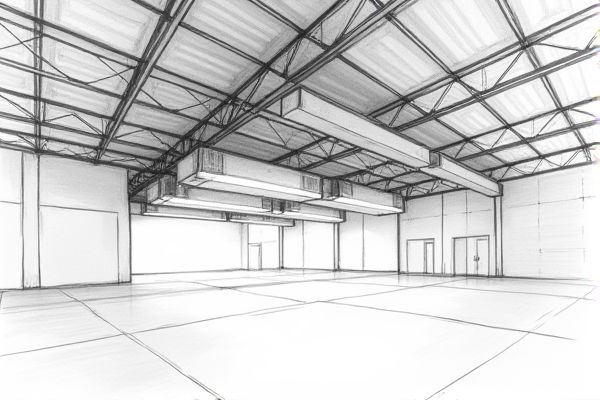
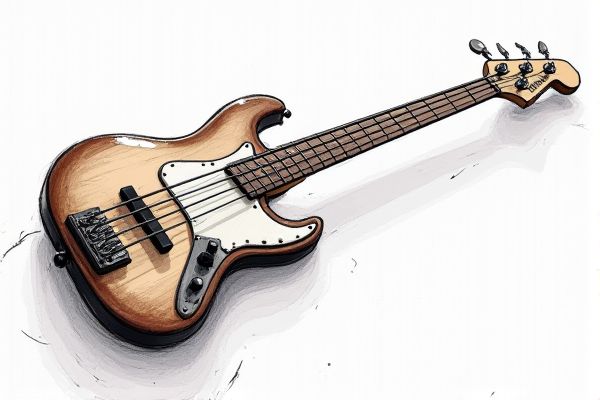
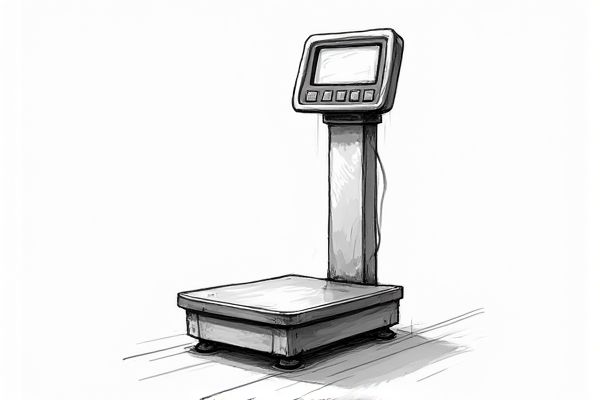
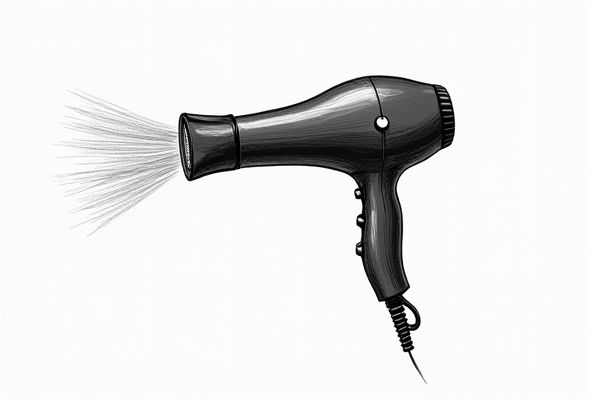
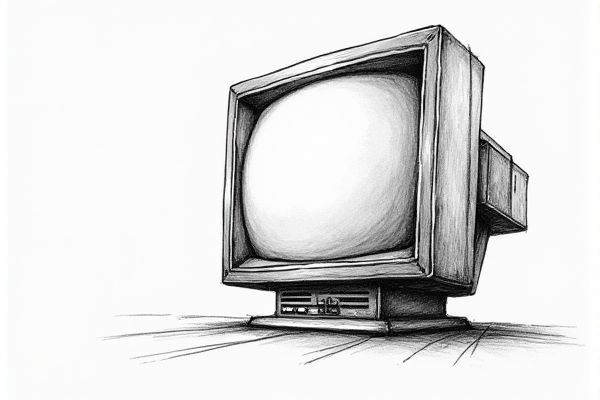
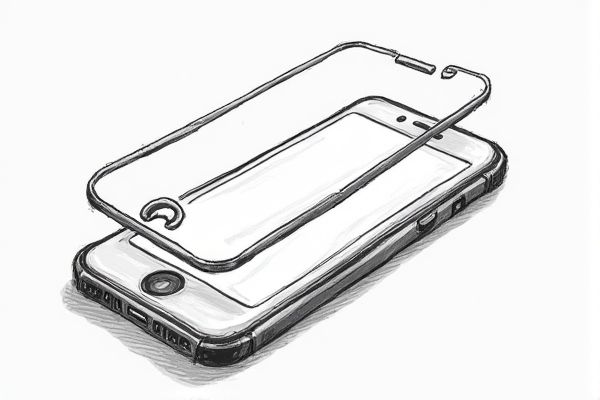
Leave a Reply
Your email address will not be published.